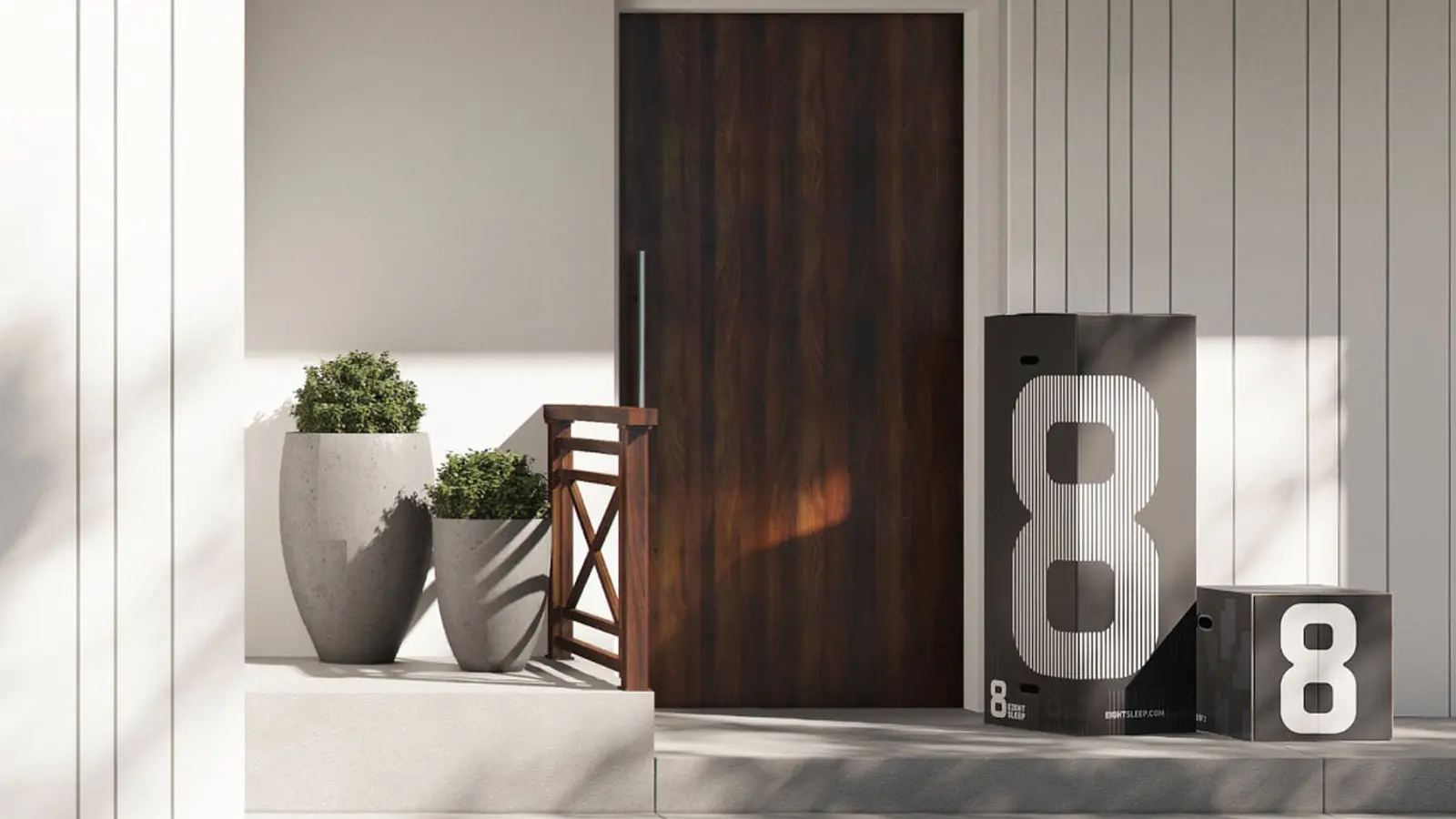5 Minutes
Eight Sleep raises $100 million to accelerate AI-powered sleep innovation
Roughly one in three U.S. adults regularly experiences insufficient sleep, fuelling demand for smarter solutions that monitor, analyze and improve rest. New York–based startup Eight Sleep — founded in 2014 — is positioning its smart mattress and software suite as a preventive health platform. The company announced a $100 million financing round from investors including HSG, Valor Equity Partners, Founders Fund, Y Combinator and high-profile athletes such as Ferrari F1 driver Charles Leclerc and McLaren CEO Zak Brown.
With this latest injection, Eight Sleep has now raised approximately $260 million in total, according to PitchBook. The business previously closed an $86 million Series C in 2021 at a reported $500 million post-money valuation; the company declined to disclose its current valuation.
What the funding will support: AI roadmap, global expansion and medical features
Alexandra Zatarain, Eight Sleep’s co-founder and CMO, told reporters that the capital will accelerate international launches, bolster clinical and regulatory initiatives, and expand the company’s AI roadmap. "If we successfully execute our AI roadmap, launch internationally, and develop condition-specific interventions, achieving unicorn status will naturally follow," she said.
Product overview: Pod, Autopilot and the Sleep Agent
Pod — the flagship smart mattress
Eight’s core product, the Pod, blends embedded biometric sensors with firmware and cloud software to capture sleep stages, heart rate, respiratory patterns and movement. The system uses these biometric signals to automatically tune temperature, base elevation and perceived firmness. Pod also detects snoring and can raise the bed to reduce airway obstruction — all without wearables.
Autopilot — continuous personalization
Autopilot is the company’s adaptive control layer. From night one it creates a personalized sleep blueprint and then refines recommendations based on seasonality, travel, stress, training, illness or previous bad nights. Autopilot operates independently for each side of the bed, enabling different profiles for partners.
Sleep Agent — AI, digital twins and predictive recovery
Beyond hardware, Eight is rolling out Sleep Agent, an AI-driven system that leverages large language models (LLMs) and predictive analytics to generate thousands of digital twins per user. Those virtual models simulate outcomes and recommend nightly interventions to optimize recovery, shifting sleep tech from reactive tracking to proactive, personalized treatment.
Features, advantages and real-world use cases
- Health Check: Eight says Health Check can monitor cardiovascular and respiratory patterns with up to 99% accuracy without wearables, using contactless sensors embedded in the mattress surface. This enables nightly biometric monitoring that can surface trends for early intervention and potentially complement medical care.
- Hot Flash Mode: An AI-driven cooling mode designed to mitigate menopause-related hot flashes by targeted temperature modulation.
- Sleep apnea and clinical ambitions: The company is developing contactless, sleep-apnea-focused solutions and pursuing FDA clearance to deliver personalized, real-time interventions based on Pod’s biometric stream.
Use cases span athlete recovery and training optimization, preventive cardiometabolic monitoring, menopause symptom relief and sleep apnea screening. For consumers who prefer non-invasive monitoring, Pod’s passive sensors provide continuous insights without the need for wearables like Oura, Fitbit or Apple Watch.
How Eight stacks up in the sleep tech landscape
The sleep tech market includes consumer wearables (Oura, Fitbit, Apple), medical device companies (ResMed) and smart-surface makers (Sleep Number, ChiliSleep). Eight differentiates itself by integrating high-fidelity, contactless biometric sensing with AI-driven personalization and a software-first approach that emphasizes predictive analytics and condition-specific interventions.
Market reach, regulation and data privacy
Eight currently ships to more than 30 countries — including Canada, the UK and EU, Australia, Mexico and the UAE — and plans to expand into China, where a growing health-conscious middle class is increasingly prioritizing sleep wellness. The startup employs just over 100 full-time staff and reports more than $500 million in Pod sales and over one billion hours of sleep data collected since the product’s 2019 launch.
Regarding privacy, Eight stresses that data protection is foundational. The company encrypts all data, says it never sells user information, complies with GDPR and CCPA, and avoids microphones — relying instead on sensors embedded in the bed surface for passive, high-accuracy insights.
Why this matters: market relevance and future outlook
As demand for preventive health monitoring and non-invasive biometric tracking grows, Eight Sleep’s blend of smart mattress hardware, AI-driven personalization, LLM-supported digital twins and clinical ambitions positions it at the intersection of consumer wellness and medical-grade monitoring. If the company secures regulatory approvals and scales internationally, its platform could become a mainstream channel for both nightly recovery optimization and early detection of health trends.
Whether for elite athletes tuning recovery, clinicians seeking longitudinal sleep data, or consumers wanting a smarter bed, Eight’s funding and product roadmap underscore how sleep technology is evolving from niche gadgets into integral preventive health infrastructure.
Source: techcrunch


Leave a Comment